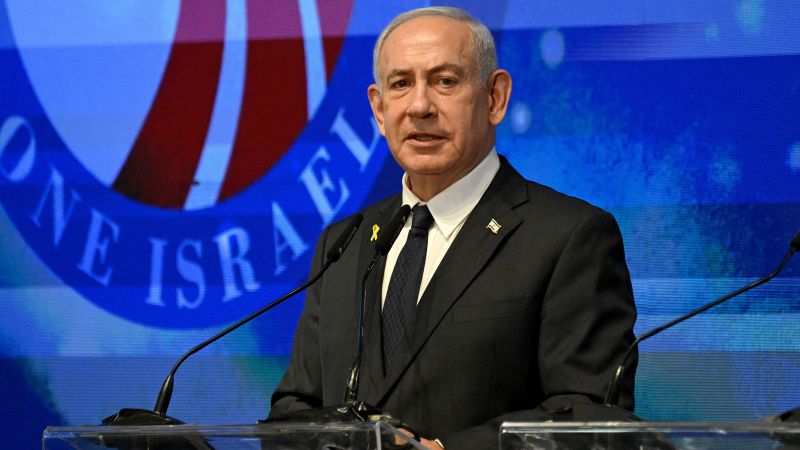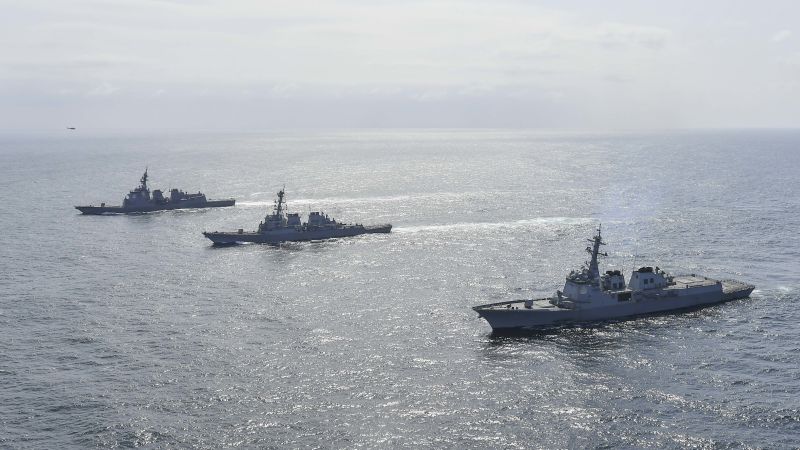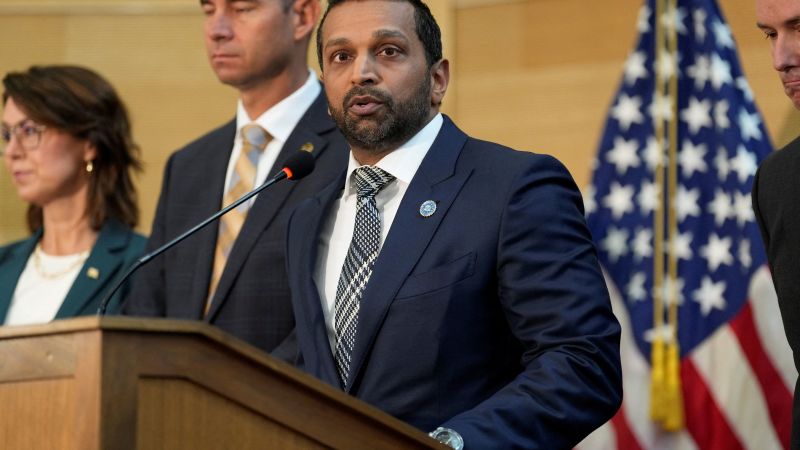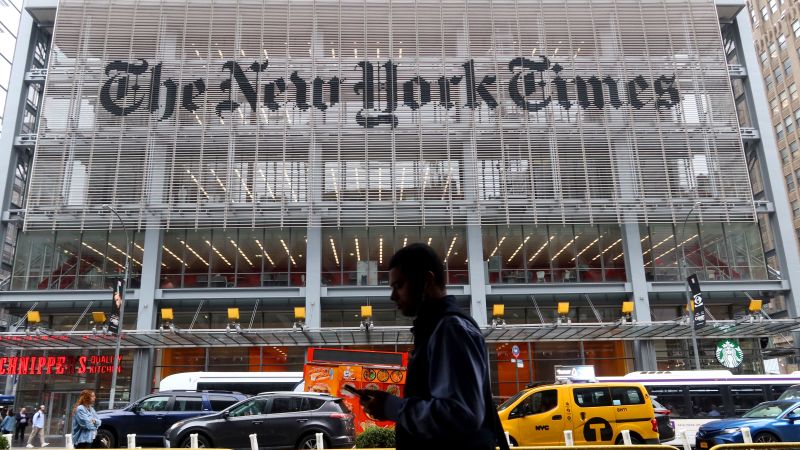Netanyahu admits Israel faces prolonged ‘isolation’ over war in Gaza
The Middle East See all topics Follow
With global anger mounting over the nearly two-year war in Gaza, Israeli Prime Minister Benjamin Netanyahu warned Monday that Israel is facing a “kind of isolation” that could last for years, and has no choice but to stand on its own.
Speaking at a finance ministry conference, Netanyahu said Israel’s economy would need to adapt to “autarkic characteristics” – becoming more self-sufficient and less reliant on external trade.
“It’s a word I hate,” Netanyahu said, adding that it was he who had brought a “free-market revolution to Israel.”
One of the key industries facing isolation is weapons trade, he said, which may force Israel to avoid reliance on foreign arms imports.
“We’ll need to develop our weapons industry – we’re going to be Athens and super Sparta combined. We have no choice, at least for the coming years when we’ll be required to deal with these isolation attempts,” he said.
Netanyahu’s statements mark a rare acknowledgement of the massive international backlash Israel faces as it escalates its war in Gaza. He has refused to change course, despite warnings from the United Nations and others that a looming assault on Gaza City will lead to more death and destruction, and amid mounting accusations that Israel is committing genocide in the enclave, which Israel strongly denies.
Israel now faces partial or complete arms embargoes from France, the Netherlands, the UK, Spain, Italy and others due to its conduct in the Gaza war. The majority of its weapons imports however, come from the United States, which hasn’t placed any such restrictions – and has warned others from doing so. A Biden-era delay on a shipment of 2,000-pound bombs was quickly lifted by the Trump administration.
The Israeli public, hostage families, and even the military have opposed expanding the war over concerns it could endanger the hostages and worsen the humanitarian toll. But the prime minister has insisted on pressing ahead.
Israelis call for the return of the remaining hostages held in Gaza at a demonstration in Tel Aviv on Saturday. Jack Guez/AFP/Getty Images
For years, Israel has been considered an economic powerhouse regionally and globally, driven in large part by its vaunted high-tech industry. But the war has had an economic impact and is already the longest and most expensive in the country’s history.
Netanyahu partly attributed the isolation to “an extreme Islamist agenda” which he claimed had a “very negative influence” on European foreign policy. He also said rival states – “among them Qatar” – have shaped global discourse on social media, which “puts us into a kind of isolation.”
“This situation threatens us with the beginnings of economic sanctions and problems importing weapons and weapon parts,” Netanyahu said.
‘There will be no second chance’
Israeli opposition leader Yair Lapid slammed Netanyahu in response, dubbing his statement that Israel is entering isolation as “crazy.”
“Isolation is not fate; it is the result of Netanyahu’s flawed and failed policy,” Lapid wrote on X.
Gadi Eisenkot, the former Israeli military chief planning a political run, also blasted the prime minister, saying, “There will be no second chance to repair the damage caused by him and his partners who abandoned the hostages and isolated Israel in the world.”
Later on Monday, Netanyahu addressed the “pessimists” about the economy, saying Israel’s stock market is the “strongest in the world.”
“Investing in Israel is the smart thing to do,” he said in a statement, adding that Israel would continue to increase investments in weapons production to avoid dependence on “weak Western European leaders who surrender to extreme Muslim minorities in their countries.”
Israeli Finance Minister Bezalel Smotrich appeared to echo the prime minister’s statement, posting to X that the stock market is rising, inflation is falling, and commending the country’s management of the economy amid the war in Gaza.
Earlier Monday, Netanyahu spoke alongside US Secretary of State Marco Rubio, who lavished praise on “the friendship that Israel has shown towards the United States on so many issues we’ve worked on together that extend beyond the causes of war and peace.”
The two criticized a number of countries, including France, Canada, Australia and others that are set to recognize a Palestinian state ahead of the United Nations General Assembly this month.
Share this content:











